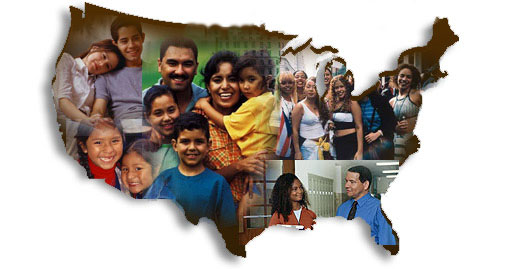
By Frank Canizares
I arrived in the United States at age 14. And, while I was absorbing, questioning, and subconsciously building my core values, I developed into an Americanized reflection of my native Cuban culture. Yet, while I assimilated, I never felt that I fully belonged to the corresponding American generation for my age group, affectionately (and sometimes not so fondly) called the Millennials.
According to Chuck Underwood, an American generational expert, my experience is not uncommon. During a recent presentation to Interactive Journalism students at Southern Adventist University, Underwood said the more of your formative years spent in America, the less you’ll belong to your native generation. The opposite is also true.
In one of his studies, Underwood states that there are four permanent phases of generational study: The formative years which mold our core values; the generation to which you’re born, whose characteristics defines its members; the generational values that guide our decisions; and, the pre-generational years when we do not belong to a generation–from K-12.
As we go through the building years of our youth – keeping and discarding some values- we ask ourselves these questions: Who are we? What do we believe? Finding the answer to these questions will determine how we’ll grow into adulthood and our set of core values. Inevitably, in the process we’ll become a reaction to the older generation.
As an immigrant who has spent most of my life in the U.S. living in and surrounded by Hispanic culture, I have witnessed the loss of identity among immigrants, especially those who arrived at a young age. The stigma that the immigrant carries when trying to maintain his or her roots while, at the same time, engaging in American culture, is a daunting and complicated endeavor, and the results aren’t always predictable.
Some of the fundamental values of my Cuban generation were lost in translation — a generation without hopes and aspirations where education has no value or meaning because it does not justify an economically stable future. By 1980–which marks my native Cuban generation—the Cubans that had stayed on the island because they sympathized with the government or couldn’t find a way to leave, had realized “The Revolution” failed. The biggest trademark of that failure was economics. Therefore, many in my cohort realized that education, because of the way the system worked, would not provide a prosperous economic future. They turned away from education and ventured into the black market and underground commerce.
It’s not fair to generalize, but a good chunk of that generation chose that route. After immigrating to the United States, my encounter with American culture dissolved the negative values that seemed to define me. Because of the values I’ve adopted from American culture, I now have hopes and aspirations; and, I work towards them. I believe in the outcome of education and the kind of future it promises. I find meaning and purpose in life by nurturing my self-esteem.
At the same time, I’ve managed to rescue some of the positive values of my native generation because they align well with the values of my American cohort. Like so many Millennials, I maintain a close relationship with my parents, remain active in the community and find meaning in contributing to society. At the same time, some values that define the Millennials, such as patriotism, activism and citizenship, clash with the extremes that were forced upon me while growing up under a dictatorship communistic regime. The impact of those negative experiences has prevented me from fully assimilating to American culture.
That’s why it’s not always helpful to define people by their peer groups. The core values defining a particular generation should not be a reason to typecast. Everyone is an individual, and the core values that we develop are defined by various experiences. I am a living example of one who does not fit the stereotype.
